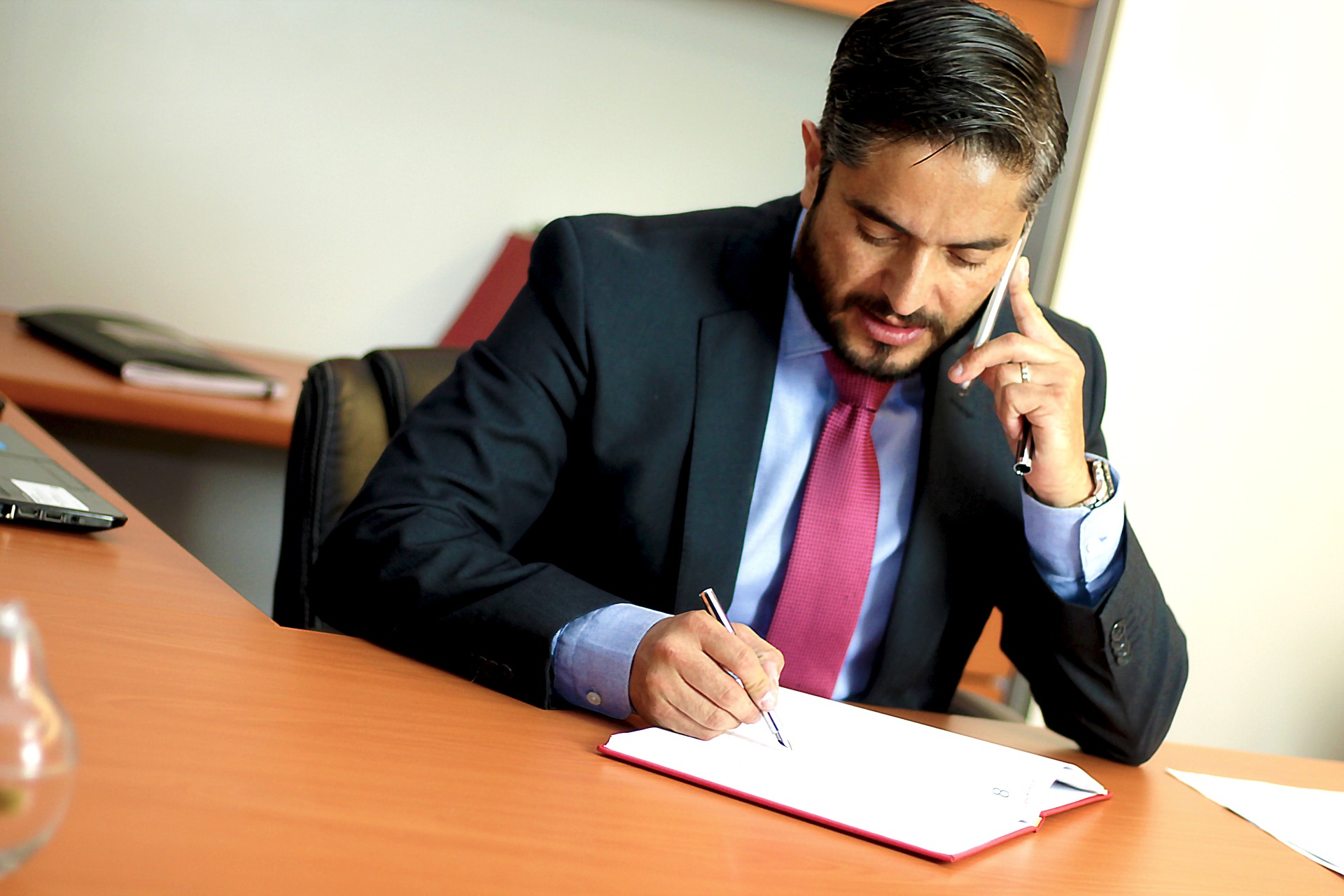No win no fee agreements can be helpful for many people seeking legal advice, but you need to know what you’re getting yourself into before entering the agreement.
No win, no fee lawyers can offer legal expertise to more people who might not be able to afford advice without it. The idea is simple enough – you only pay the legal fees if your claim is successful. If your claim is unsuccessful, your lawyer cannot charge you for their work. Sounds ideal, right?
Well, there’s a little more to it than that. Before making a no win no fee claim, you should know how they work and what you might be liable to whether you win the case or not.
What Does No Win No Fee Mean?
A no win, no fee claim means that you may not need to pay for your legal fees if your claim is unsuccessful. However, if your claim is successful, you may be charged with higher legal fees that include a ‘success fee’. This is usually a percentage of the overall final costs, but some lawyers charge a fixed rate instead. This should be included in the agreement before you accept it, so you shouldn’t be hit with any hidden fees when working with a reputable practice.
The uplifted cost is added onto your final bill due to the risk your lawyer is accepting when offering you a no win, no fee agreement. If you do not win your claim, your lawyer most likely won’t charge you for anything, so this uplifted fee is to support this risk.
What Happens if You Win Your Claim?
No win no fee agreements are often only offered by lawyers who think your claim has a good chance of winning because most lawyers don’t want to lose out on the money that they’d need to front for this kind of agreement. So, if you win your claim, you’ll need to pay the legal fees that were detailed in your initial agreement. These might include an uplifted fee to include their success fee, disbursements that your lawyer detailed in the agreement before you signed it, and other legal expenses that occurred during your case.
What Happens if You Lose Your Claim?
While no win no fee agreements prevent you from having to pay any legal fees if your claim is unsuccessful, you may still need to pay disbursements that have been outlined in your agreement prior to signing. You might also be required to pay the other party’s legal fees if you don’t win. Your lawyer should be able to explain all of these potential costs before you enter the agreement because it’s unlikely that there will be nothing to pay after your claim is lost.
What Are Disbursements?
Disbursements are services provided by third parties that are used to help your claim. These are often not included within the ‘no fee’ part of your agreement, so you’ll be required to pay for these services. Most of the time, as long as your claim is successful, you’ll be able to recover these costs from the other party. Examples of disbursements include court fees, doctors, experts, and barristers.
What Are Your Lawyer’s Obligations in a No Win No Fee Agreement?
Your lawyer will most likely set out their conditions for the no win, no fee agreement before giving it to you to look over. You will need to read this thoroughly before signing it and entering the no win no fee agreement. This will also often include a fee and retainer agreement, which outlines the lawyer’s obligations and general terms.
Some of the common obligations outlined here will include:
- To regularly inform you of your claim’s progress
- To consult you before any unusual expense is used
- To advise you on any estimated legal costs as and when they change
What Are Your Obligations in a No Win No Fee Agreement?

Again, all lawyers will have their own obligations that they’d like you to follow when entering this type of agreement. However, some general obligations you might need to ask of you include:
- Be honest with your lawyer and answer all of their questions truthfully to the best of your ability
- Fully cooperate with your lawyer and do everything they ask of you (within reason)
- Accept and follow all legal advice your lawyer gives you unless you believe it not to be reasonable
- Only use your lawyer’s firm for legal advice until your claim has been finalised
Final Thoughts
No win no fee agreements can be helpful for many people seeking legal advice, but you need to know what you’re getting yourself into before entering the agreement. Whether you win or not, you’ll likely still need to pay certain fees such as disbursements, other party’s legal fees, and more. When you win, you’ll need to pay higher legal fees to account for the lawyer’s success rate. Before entering any agreement, make sure you read the contract thoroughly and ask your lawyer to go through any questions you may have beforehand.


Join the conversation!